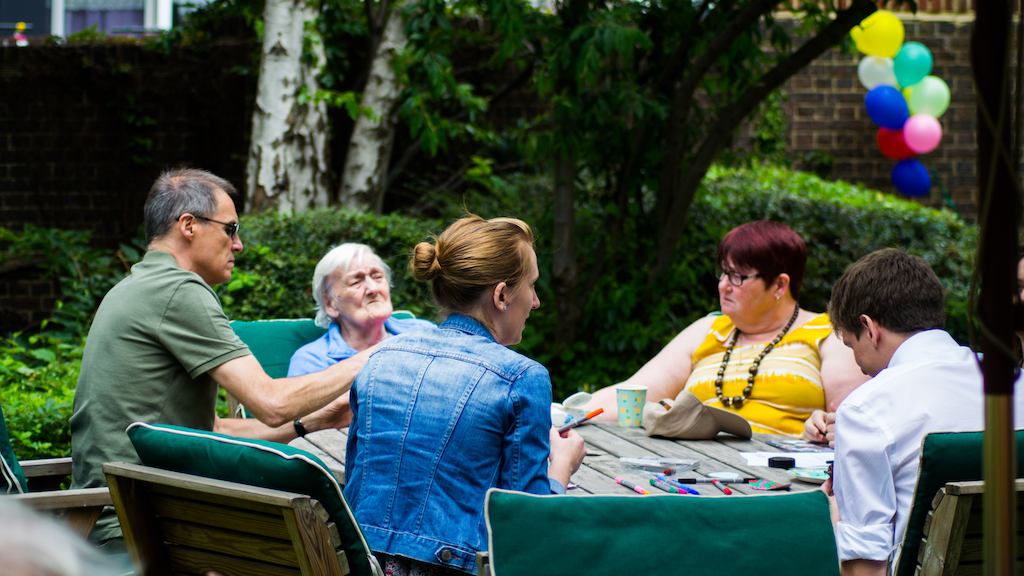A recent article featured in Red Box warned that 'the unwritten social contract between young and old is fraying'.
This is not a new argument. David Willetts, a former minister and the Chair of the Resolution Foundation, has previously warned of an impending breakdown in the social contract, calling for 'bold measures' to address the challenges faced by the younger generation.
Such rhetoric is unhelpful when it comes to addressing some of society’s biggest challenges. What’s worse, it overstates the hostility that exists between people of different ages. And debating TV licenses is a distraction.
Data shows that most older people are deeply concerned about the wellbeing of future generations, just as younger people are concerned for the wellbeing of older generations who are their parents, grandparents, friends and neighbours.
When it comes to housing, debates are predicated on the idea that a generation of older home owners are blocking the young from buying a home by refusing to downsize. In fact, with much of Britain’s housing stock completely unsuitable for people managing a long-term health condition or a disability, significant numbers of older people are trapped in homes that are unsuitable and are unable to move home because they cannot afford or find anywhere that meets their needs and improves their quality of life. Far from living up to the stereotype of asset-rich homeowners, increasing numbers of over-50s rent their homes and many homeowners have insufficient income to maintain their homes. The problem is a lack of affordable housing for everyone.


